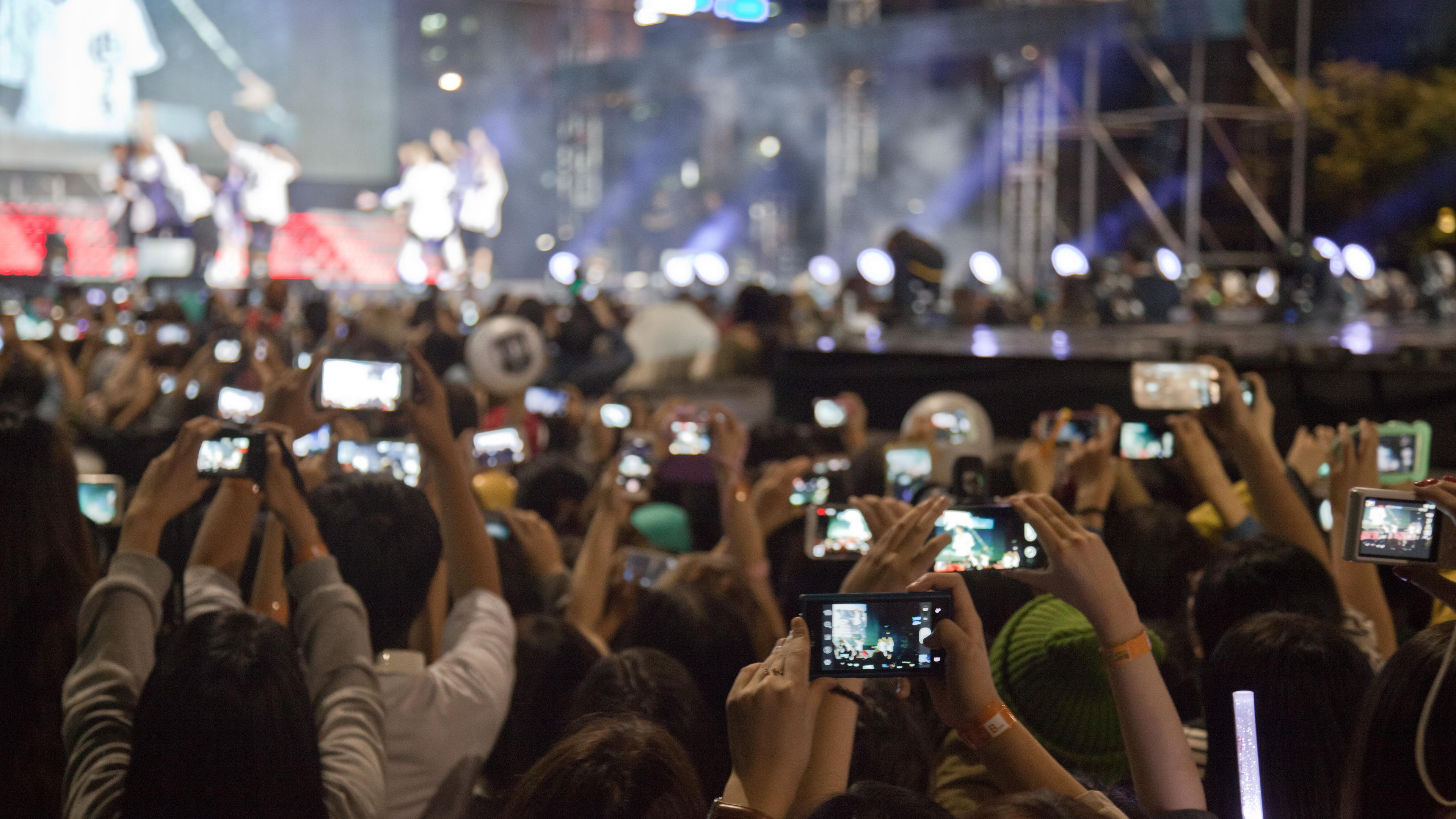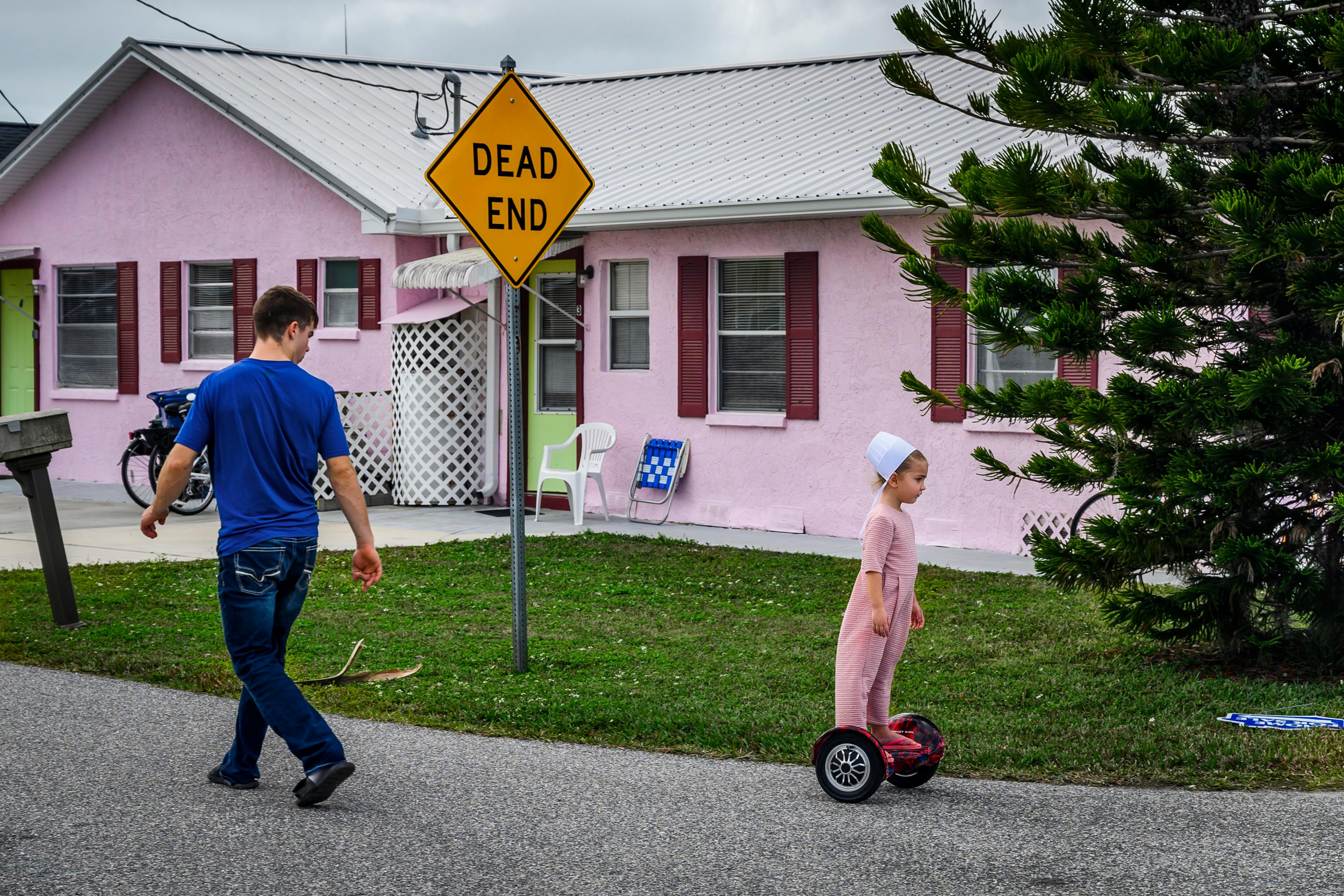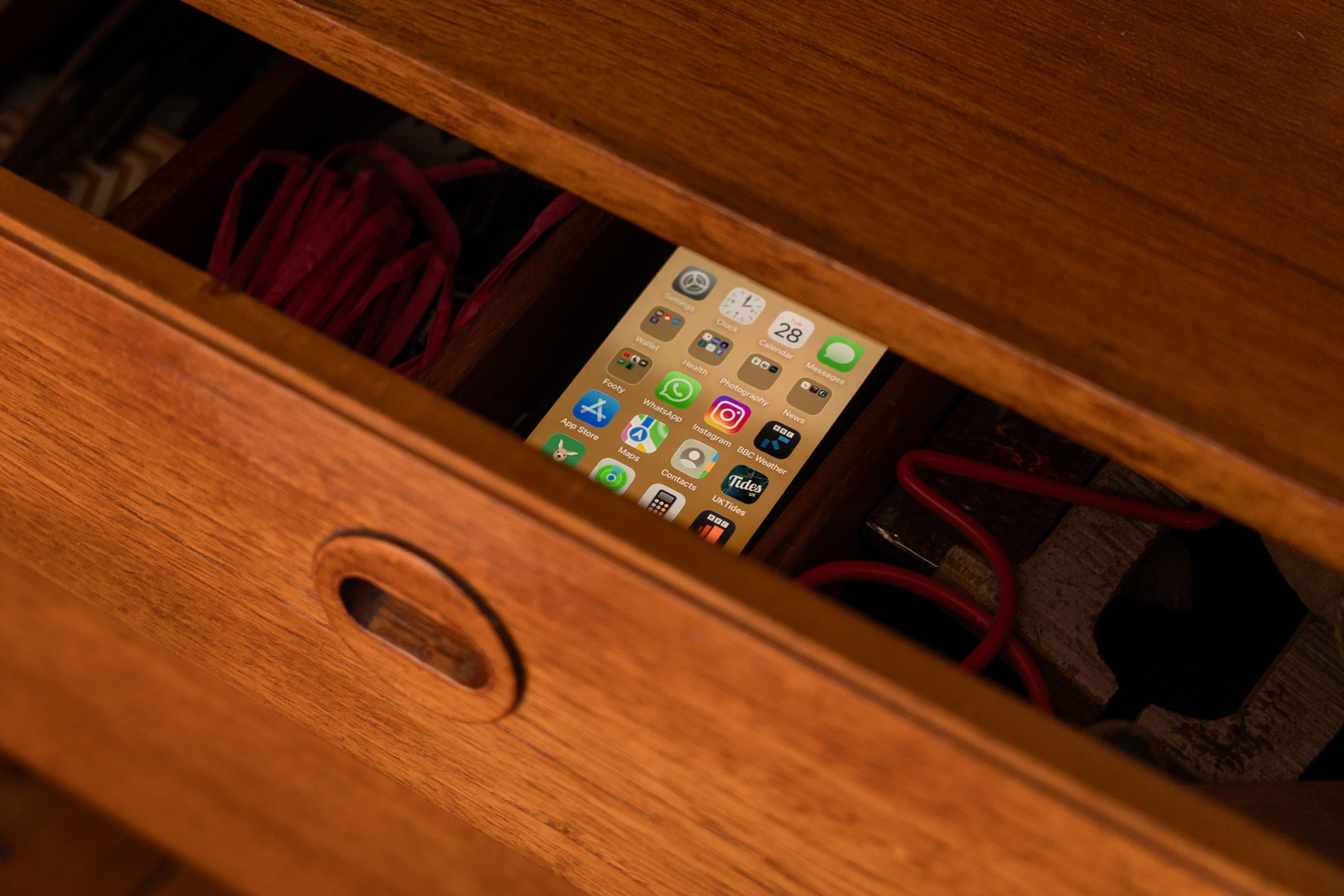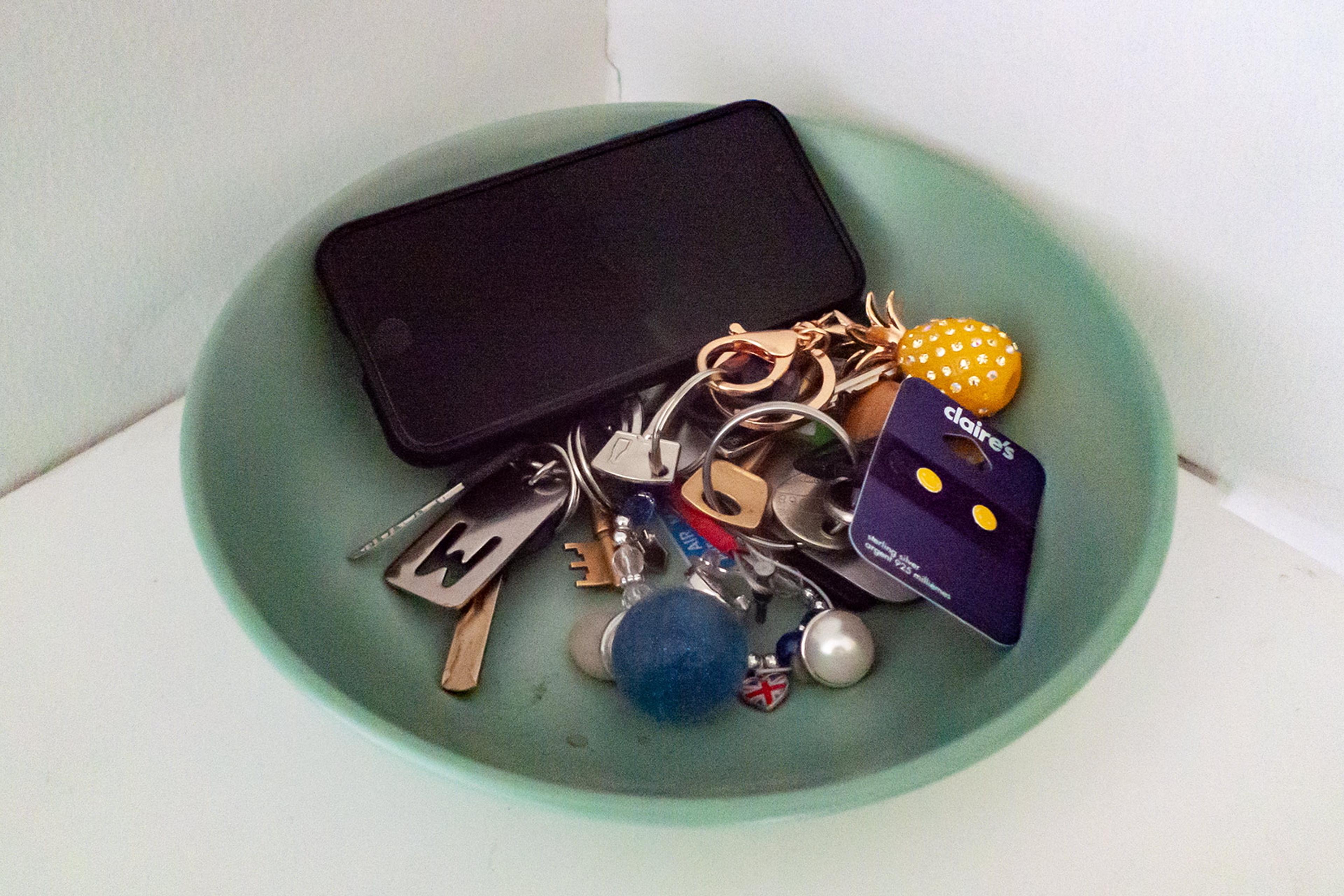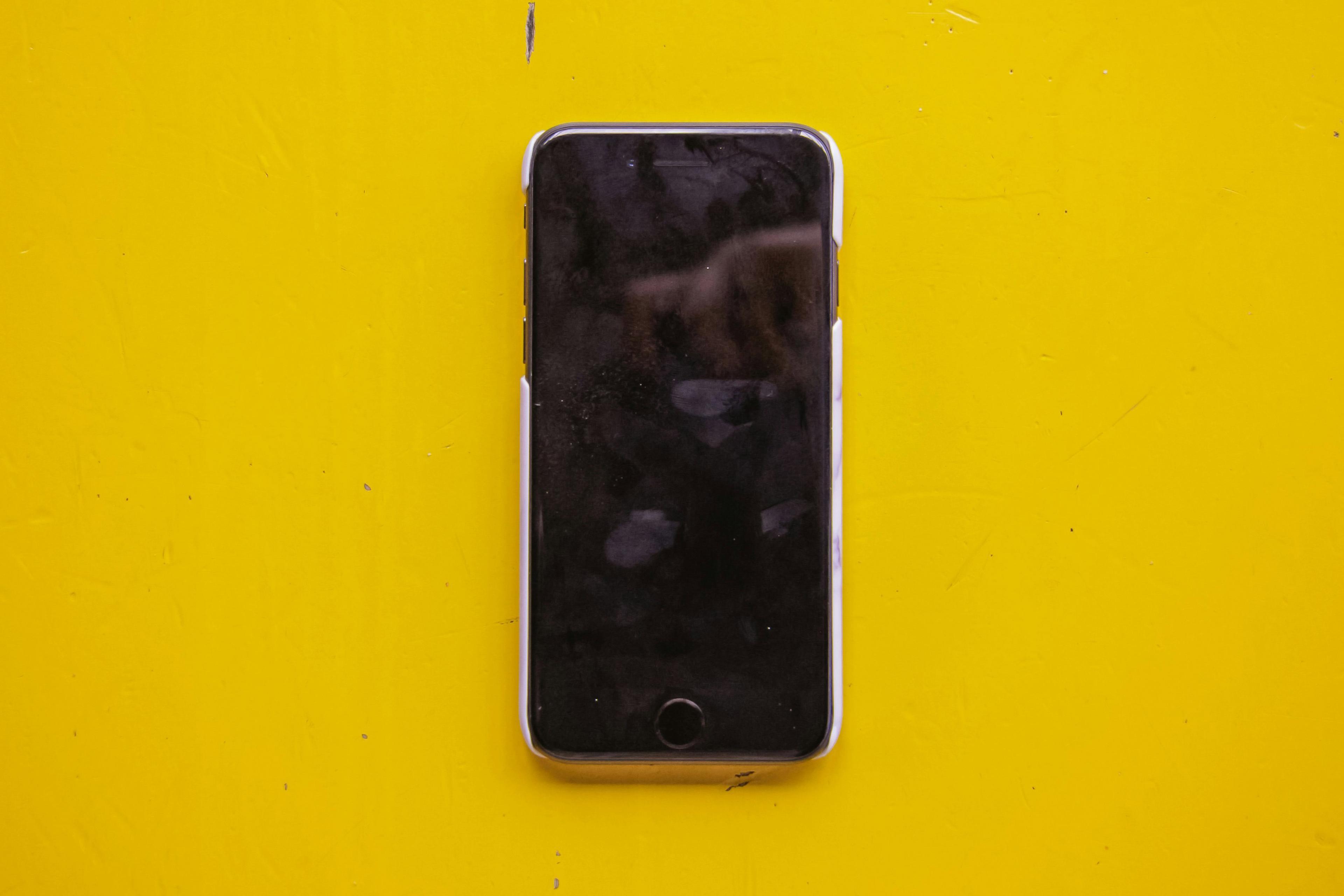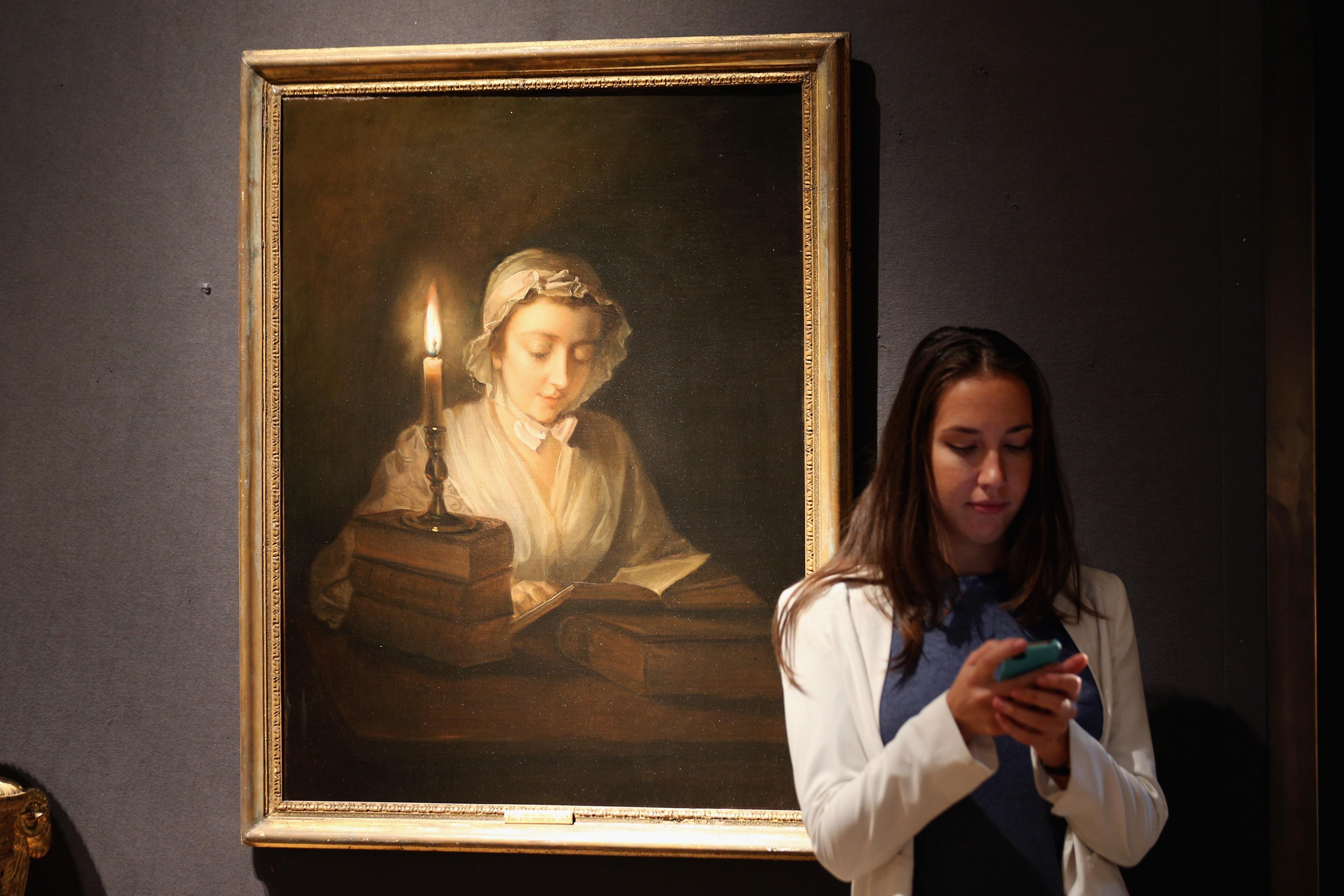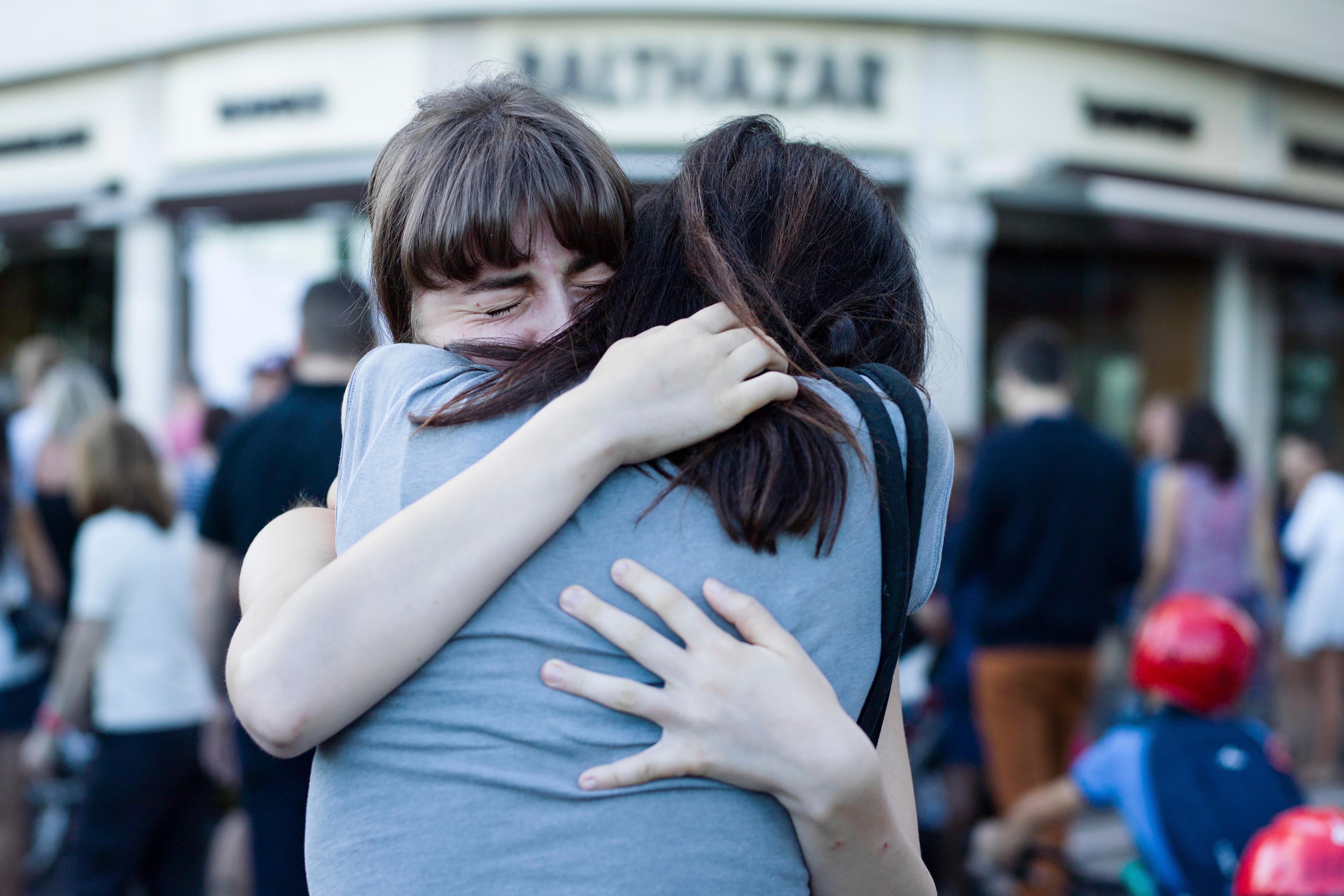The notice appeared on the website, the ticket and on signs outside the theatre: ‘This is a phone-free event.’ People milled around the lobby talking, texting, and Snapchatting, but as they headed to their seats, attendants instructed them to silence their phones and lock them inside grey-and-green Yondr pouches. ‘What?! Why?’ I heard someone ask as she handed over her phone, unable to bear locking it up herself. Others looked quietly stricken.
But as Chris Rock cracked jokes, people laughed at the same lines at the same time. No one held a phone aloft to record the moment. Rock could see our faces and adjust to us, and we to him. The collective laughter (and the occasional groan) built energy, generating a feedback loop that heightened the show as we all experienced it together, in real time.
And then the lights came on and people beelined for the pouch-unlocking stations. They unearthed their phones and bathed, relieved, in the glow of their screens, often without stepping aside or moving toward the exit. Unlocking the phones was like breaking a spell. Until then, it had felt like everyone in attendance was alive, awake, and part of a single organism – a feeling I hadn’t had at a live performance in years.
Sometimes I think about trying to reproduce this effect elsewhere, though I probably wouldn’t be invited to many parties if I did. But then I wonder – how many people would seek out phone-free places? When an Instagram post or TikTok video seems to matter as much as an actual experience, would people intentionally inhabit spaces where no one’s using a phone?
Phone use is an individual habit that we bring with us into shared spaces. Even on vacation, people check their phones roughly 80 times a day. Thanks to phones, we conduct activities in public that we used to do in private or in places specifically designated for them: we have serious conversations, get in fights, buy clothes, do work, check emails, pay bills, watch porn, listen to music, play games, make videos. Doing all of these things in public spaces means our collective phone use shapes the environment.
Using our phones in this way can create unpleasant situations to which others are involuntarily subjected. Anyone who’s ever been trapped in an enclosed space, such as a bus, with someone talking loudly on a phone knows this scenario. Kio Stark, an instructor on the Interactive Telecommunications Program at New York University, whose work focuses on how people relate to technology, notes that phone use results in people treating public space as private space. She believes that blurring the lines between public and private spaces results in alienation, rather than connection. If a phone conversation infiltrates other people’s space, they’ll likely try even harder to shut it – and other people – out.
Research shows that phones insulate us into our own bubbles, causing us to talk and smile less at other people. Passing up opportunities for connection undermines individual happiness, as well as the social atmosphere. Psychologists at the University of British Columbia in 2013 found that people who smile, make eye contact, and casually chat with the coffee shop barista experience a mood boost when compared with those who forego such gestures in order to be more ‘efficient’. Our habits can make the benefits of pleasant interactions easy to forget: researchers at the University of Chicago in 2014 found that people underestimate the positive impacts of interacting with others, particularly strangers.
What are we trading those positive interactions for? Facebook makes people lonelier and sadder, and encourages us to value quantity over quality of interaction. Research indicates that many young people feel isolated and friendless, and that those aged 18-22 (or Generation Z) are the ‘loneliest’. While that can’t entirely be attributed to phone use, smartphones don’t help. In the fall semester of 2019, one of my Boston University students described a Friday night on the dance floor of a club surrounded by flashing lights and gyrating 20-year-olds. Even while dancing, he constantly checked his phone and ‘couldn’t help but feel like [his] life is less fun than everybody else’s’.
When so many people experience the same alienating feeling and can’t seem to break through the dopamine feedback loops that ensnare us in endless patterns of posting, checking, refreshing, liking and commenting, our shared spaces suffer. You’ve probably noticed this if you’ve ever looked up on the subway and seen every single person immersed in their phone, or looked around at a restaurant to see people, including couples on dates, all on their phones. That’s one reason why Edward Tenner, a cultural and technological historian and the author of Why Things Bite Back: Technology and the Revenge of Unintended Consequences (1997), advocates the ‘deliberate creation and preservation of tech-free spaces’.
Performers such as Hannah Gadsby, Alicia Keys, Dave Chappelle, Ariana Grande and Jack White use Yondr to create those spaces at their shows. Some hospitals, courts and schools now use them too, and people can rent them for weddings, conferences and parties. Beyond the pouches, many trains have a quiet car. Some restaurants offer discounts to diners who refrain from using phones; others ban phones entirely. These examples signify a bigger trend toward phone-free spaces.
There’s a danger in being proscriptive about phones. Many people, including those with disabilities, rely on their phones to navigate and interact with their environments safely. According to Tenner, involuntary tech time-outs could cause disconnection anxiety. Instead of banning phones entirely, the ideal solution is to create environments with an expectation around engaging with other people and one’s surroundings.
Increasingly, research suggests that the masses are ready for this solution. According to the Pew Research Center, 54 per cent of teenagers and 36 per cent of parents in the US think that they spend too much time on their own phones, while 65 per cent of parents worry about their kids’ phone use, and roughly half of teens note that phones distract their parents. Despite being glued to their phones, my college students express disappointment at their dwindling in-person interactions. One former student, Cole Goldberg, mentioned in an email that his favourite times are Friday nights at Chabad, when there’s no phone use because of Shabbat. People gather for dinner and sometimes stay all night long, relishing uninterrupted conversations that would otherwise be impossible. ‘I think we all need some kind of Chabad once a week,’ Goldberg wrote.
The mere presence of phones in social spaces creates interpersonal distance. Two experiments run by researchers at the University of Essex in 2012 found that people who met and talked while sitting at a table with a phone lying on it (unused) felt ‘less close with their partners and reported a lower quality of relationships than did partners who shared a conversation without a mobile phone present’. Those distancing effects were amplified if subjects discussed something particularly personal. Phone-free spaces shift focus back to social interaction, which can help people create the intimacy we try, usually unsuccessfully, to establish via screens.
An event called Sync in Burlington, Vermont, unites likeminded people who want to connect in person. The event’s tagline is ‘Hang out with strangers. Leave your phone at home.’ In the summer of 2019, Yondr threw the first phone-free music and camping festival in the US. The three-day event in New York State had more than 300 attendees. Such events bring together people who value the importance of firsthand experiences so that they can collectively create and shape their own. People who can’t or won’t part with their devices can choose to avoid such gatherings, but they might become a mecca for those seeking meaningful, personal interactions.
As people seek satisfaction in an increasingly technocentric world, more of us seem poised to push back against the ubiquity of phones in favour of prioritising firsthand experience. Yondr’s music festival took place on the 50th anniversary of Woodstock – the perfect occasion to reassess the purpose of such gatherings. What would have been lost if people were immersed in their phones while Jimi Hendrix, Janis Joplin and the Who performed, if countless people in the crowd had held phones aloft, recording the performances instead of truly experiencing them? Putting our phones away allows us to inhabit moments that otherwise become lost in the noise of social media – moments we get to experience only once.
